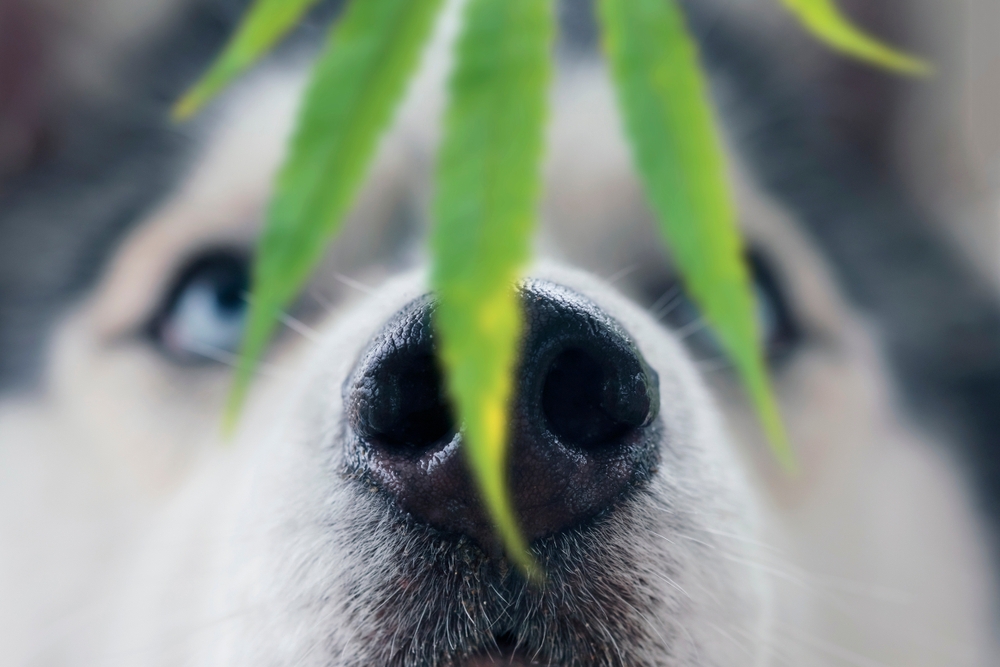Did you know that most pets die as a result of hazardous surroundings and what they feed on? During summer, cats and dogs stray on the lawns looking for anything delicious to chew. There is no harm in this; they can feed on grass as a way to clean their digestive system. However, some plants or weed on your lawn could potentially harm your adorable pet or even kill them. Also, a chemically treated lawn could pose a danger to your pets.
Unfortunately, pets do not know which plants are harmful to their health. Some plants have toxins, while others have irritants that will react to your pet. As a pet owner who cares for your little friend, it is essential to be aware of these harmful plants and get rid of them at the earliest opportunity. Below, we look at the dangerous types of weed for your pets.
Foxtail grass
Foxtail is a lawn grass and has blade-like features that attach to your pet’s skin, mouth feet, ears, or nose. Its seeds have sharp ends that can burrow deep into your pet’s body to reach delicate body organs. These may lead to pain, abscess, infection and death. Both long and short-haired pets with straight open ears are at risk since the barbs can smoothly sail through the ears.
If these spikes attach to your pet’s skin, you can clean using your hands or soft brush. A pet that picks the foxtail grass will limp, have swollen footpads, scratch, shake their head and have a discharge through their nose and eyes.
Elephant ear
This elephant ear-shaped plant features pink and white decorations on the leaf. They are not life-threatening but may cause a burning sensation on the tongue and sometimes swelling, which may block the airway leading to your pet’s death.
Oleander
This plant is a shrub that grows extremely fast. It is a decorative plant with pink, white and red flowers and long stems. If left to grow in your lawns, it is toxic and can harm your pets. It can cause discomfort, seizures and pain if swallowed by your pet. It is essential to remove the plant when landscaping to protect your pets.
Bittersweet Nightshade
The bittersweet nightshade is a toxic plant when ingested by pets. It is characterized by red and green berries and purple flowers. It mostly grows during the summer months. If you have pets, you can get rid of the weed on your lawns by trimming the grass.
Water Hemlock
Your pet is at risk of poisoning if they feed on the Water Hemlock. It has white flowers and can sow in your garden, especially during warm weather. It may cause seizures and death. You can get rid of the plant in your lawn by uprooting it with your hands.
Castor Bean
Castor bean plant has read seeds and is poisonous to pets and humans as well. Although some people may view them as ornamental, if you have pets or small kids, it is vital to keep them at bay. Studies reveal that the beans are rich in ricin, which is a hazardous chemical used to make biological and chemical weapons.
Hydrangea
Hydrangea is a beautiful plant featuring blue flowers. Some homeowners may use it to decorate their lawns during spring and autumn. Unfortunately, it is a toxic plant when ingested by pets. Symptoms may include vomiting, stomach pains, increased breathing and coma.
Daffodil
Daffodil is a decorative plant and features yellow flowers. Although they are not fatal, they can cause allergic reactions to pets. They can lead to irregular heartbeats, vomiting, stomach pains, drooling, and seizures.
Foxglove
Foxglove plants have purple flowers, and although they are mostly used to make drugs, they are toxic if ingested by pets. Watch out for pets playing outdoors as they can cause nausea, seizures, and vomiting.
Whenever your pet is playing outdoors in the garden, it is essential to examine the ears, nose, legs, and fur for any trace of poisonous weed. Always keep your grass short by trimming or pull them using your hands whenever you spot them.
You can also use tweezers to remove undesirable seeds lodged into the skin. However, if your pet has ingested, you may need to call a vet to examine your pet. Herbicides are not recommended since they can harm the pet when ingested, the best way to get rid of weeds in your garden is to use natural methods to avoid chemical contamination on the grass and other plants.





